I’ve had an epiphany about my recent depression — a realization so brutally simple that I feel stupid for not seeing it sooner.
I’ve been miserable in part because I fell back into a habit I knew was corrosive. I once wrote a post about overcoming it. That made me feel even more like a chump, because this thing I had overcome was back, whipping me again. And I didn’t see it coming.
I relapsed into people pleasing.
Mood music:
http://youtu.be/7ZVbGj6wp_8
In recent months, I’ve obsessively tried to please colleagues, friends and family. I’ve worked myself to exhaustion trying to make everyone happy. In the process, I burned myself out and developed a low sense of self-worth.
Most of the time, you can’t please people. I learned that lesson a long time ago, but it seems I forgot it.
It used to be that I wanted desperately to make every boss happy, and I succeeded for a while. But in doing so I damaged myself to the core and came within inches of an emotional breakdown. It caused me to work 80 hours a week, waking up each morning scared to death that I would fall short or fail altogether. No employee gets back 100 percent of what they put in to the corporate machine. Sure, you can make your direct bosses happy, but the folks many layers above them in the food chain still won’t know who you are or care that you work 80 hours a week.
I wanted to make every family member happy, too. That didn’t work, either, because when you get right down to it, people are never satisfied for long. Humans have never-ending, ever-changing wants and needs.
Understanding that, I changed my ways a few years ago and spent more time being true to myself, playing to my strengths and passions and not worrying about who was happy and who wasn’t. I focused more on the things I love and put in 100 percent. I worried less about the tasks that bored me, performance review consequences be damned. When I did that, a lot of things fell into place and I had more career success than ever before.
So why the relapse?
Lately, there have been serious challenges at work and with my extended family. As the challenges started to arise, I dove headlong into dealing with them with the gusto I’ve had in more recent years.
But the challenges were too big and numerous. Without thinking, I let myself get sucked in deeper and deeper. I got so absorbed in the problems around me that I forgot an old lesson: The more you try to fix things, the more likely you are to just make them worse.
I’m not advocating selfishness. It’s absolutely right to want to do the best job you can at work. It’s absolutely right to try being a blessing to those around you. But there comes a point where certain situations are bigger than your ability to change things. You can play a part, but you can’t fix everything on your own.
Now that I’m aware again, I have to address the next challenge: remembering how to stop.
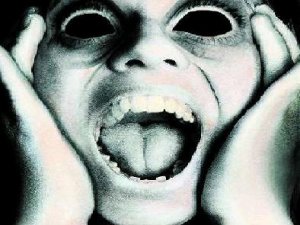

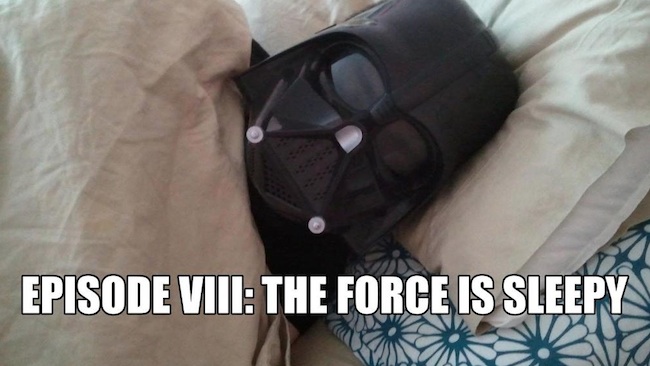
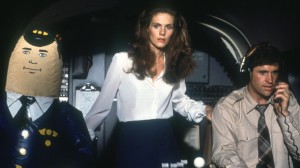


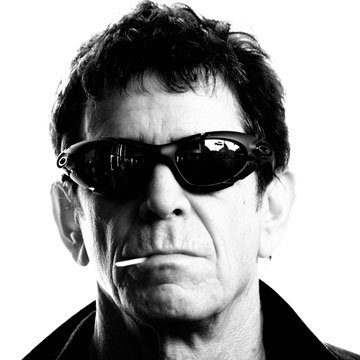



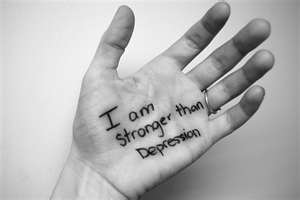
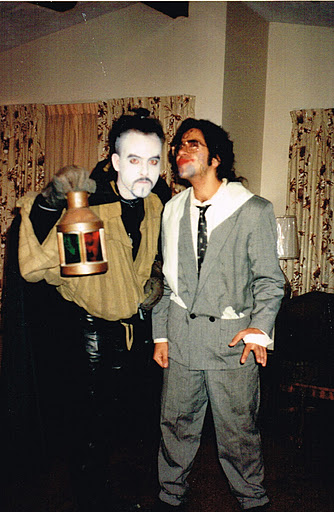 Sean Marley and me, Halloween 1990.
Sean Marley and me, Halloween 1990.